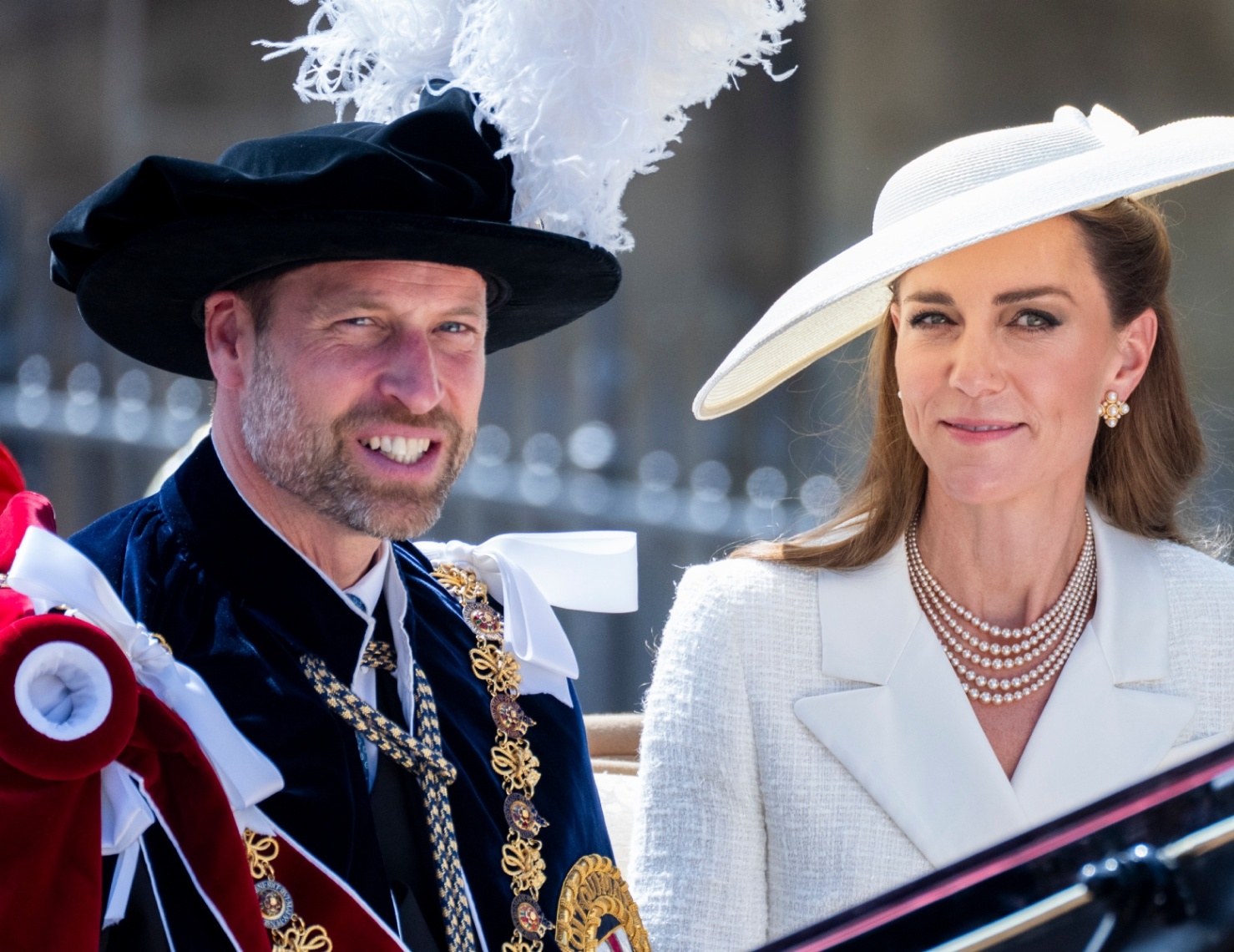London, July 24, 2025 — Ozzy Osbourne, the inimitable “Prince of Darkness” and pioneering frontman of Black Sabbath, died on July 22 at the age of 76 after a prolonged battle with Parkinson’s disease. His passing marks the end of an era in heavy metal, a genre he helped define and elevate to global prominence. From his darkly theatrical stage persona to his unmistakable vocal sneer, Osbourne’s influence reverberated across generations of musicians and fans alike.


Born John Michael Osbourne on December 3, 1948, in Birmingham, England, he rose from humble working‐class roots to become one of rock’s most iconic figures. In 1968, he co‑founded Black Sabbath alongside guitarist Tony Iommi, bassist Geezer Butler and drummer Bill Ward. Their groundbreaking self‑titled debut album of 1970 introduced down‑tuned guitars, ominous lyrical themes and thunderous rhythms that laid the blueprint for heavy metal. Over the next five years, Sabbath released a string of seminal records—Paranoid, Master of Reality and Vol. 4—that cemented their reputation as architects of a sonic revolution.
Despite a well‑documented struggle with substance abuse, Osbourne’s tenure with Sabbath was marked by creative peaks and cultural milestones. He famously braved a live bat on stage at the 1982 Kansas City show—an incident that, though seriously injurious, only added to his legend. After parting ways with Sabbath in 1979, he embarked on a successful solo career, beginning with the 1980 release of Blizzard of Ozz. Hits like “Crazy Train” and “Mr. Crowley” showcased his uncanny ability to meld haunting melodies with shredding riffs, attracting a new legion of devotees.
Beyond his musical achievements, Osbourne became a household name thanks to the reality show The Osbournes, which debuted on MTV in 2002. The candid, often chaotic glimpses into his family life—with wife Sharon and children Kelly and Jack—reintroduced him to a mainstream audience and revealed his dry wit and endearing eccentricities. While some critics decried the show as exploitative, its cultural impact was undeniable, ushering in a wave of celebrity reality programming.
Throughout his storied career, Osbourne enjoyed rare honors from the British establishment. He performed at Buckingham Palace for Queen Elizabeth II’s Golden Jubilee in June 2002 and again at a private concert in 2005. At both events he rubbed shoulders with royalty: at the Golden Jubilee he met the then‑Prince of Wales, Charles, and members of the Royal Family; during a Prince’s Trust reception in 2005, he exchanged pleasantries with Princess Anne and other dignitaries. He even joined Prince William onstage during the 2002 Palace concert—a moment that, to fans, symbolized the unlikely embrace between rock rebellion and royal tradition.
In a statement released today, Buckingham Palace conveyed the deep sorrow of His Majesty King Charles III and The Prince and Princess of Wales at Osbourne’s passing. “His talent and pioneering spirit defined a generation of music,” the statement read. “We send our heartfelt sympathy to Sharon Osbourne and the entire Osbourne family during this sad time.” The Royal Family’s tribute underscores the respect Osbourne earned beyond the concert halls and the recording studio.

Fans around the world have already begun paying homage. On social media, thousands have shared stories of first hearing Sabbath’s riffs or discovering Osbourne’s solo work in their teens. At Abbey Road Studios in London, a spontaneous candlelight vigil was held outside the legendary building where countless Osbourne recordings were mixed. In Los Angeles, the Sunset Strip’s Rainbow Bar & Grill—Osbourne’s longtime haunt—hosted an impromptu gathering of musicians sharing anecdotes. Heavy‑metal radio stations globally have dedicated their airwaves to his music, while influencers and fellow artists have posted tearful tributes.
Musicians from across the spectrum have echoed the sentiment that Osbourne’s legacy is immeasurable. Metallica’s Lars Ulrich called him “the godfather who showed us the power of darkness in music,” while Lady Gaga, whose own theatricality owes much to Osbourne’s example, described him as “a bridge between fear and exhilaration.” Even pop artists, from Adele to The Weeknd, have cited Sabbath’s moodiness and Osbourne’s dramatic flair as inspirations in shaping their own soundscapes.
Osbourne’s impact extended into wellness advocacy in recent years. Diagnosed with Parkinson’s disease in 2003, he devoted himself to raising awareness and funding for research. He partnered with the Michael J. Fox Foundation, supporting clinical trials and public education campaigns. His perseverance on stage despite tremors and fatigue became emblematic of resilience, offering hope to countless patients and families affected by neurodegenerative disorders.
Plans for a formal memorial concert are already underway. Sharon Osbourne, in consultation with Black Sabbath’s surviving members and Ozzy’s management team, aims to host a star‑studded tribute in London this autumn. Proceeds will benefit the Parkinson’s Foundation as well as music therapy programs. Attendees are expected to include heavy‑metal luminaries, rock legends and, possibly, representatives of the Royal Household—a fitting testament to Osbourne’s unique place in both pop culture and British life.
While memorial arrangements are solidifying, Osbourne’s music endures as his truest remembrance. His gravel‑toned howl—simultaneously menacing and melodic—echoes on albums that remain perennial bestsellers. Songs like “Iron Man” and “Paranoid” still resonate in arenas filled with fans chanting every lyric in unison. That unbreakable bond between artist and audience, forged over half a century, is the ultimate proof of his lasting influence.
Ozzy Osbourne’s journey—from post‑industrial Birmingham to world stages and royal receptions—speaks to the transformative power of music. He embraced the darkness not as an end but as a source of creativity and community. Today, as the world mourns, it also celebrates a life that defied convention and inspired countless others to pick up guitars, don leather and step into the spotlight.
Rest in peace, John Michael “Ozzy” Osbourne. Your voice may be silent, but your thunder will roll forever.